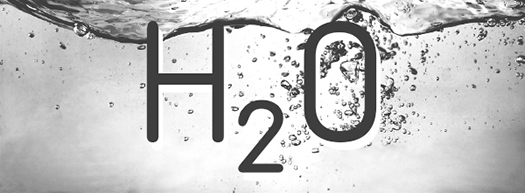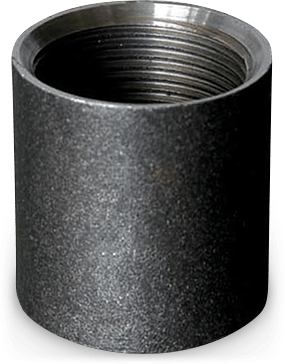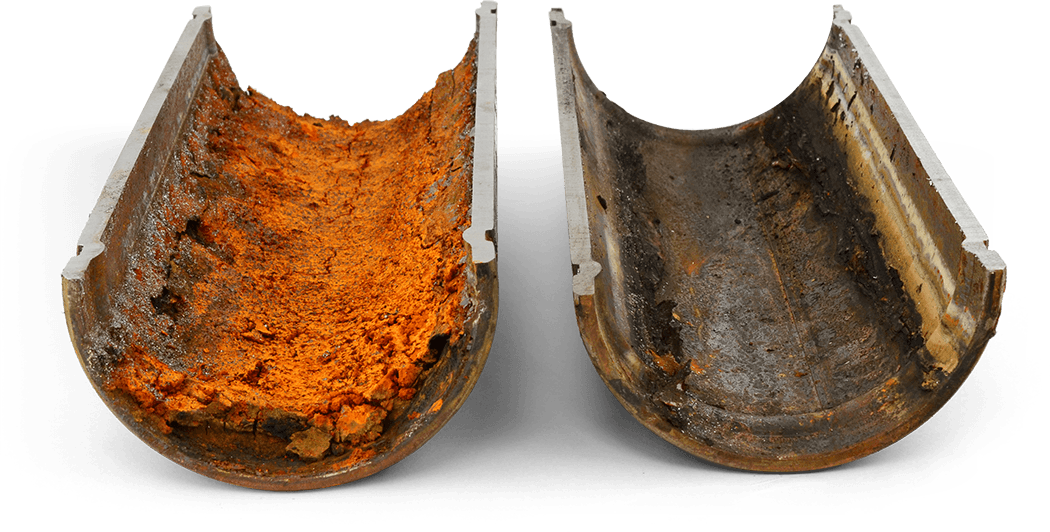An InertSolution
Corrosion flourishes in dry and pre-action systems because air compressors supply unlimited oxygen and water.
Trapped water from hydrostatic testing, combined with this humid air creates a perfect habitat for corrosion. It's easy to see why dry and pre-action systems are failing prematurely and costing significant maintenance expenses.
The solution?

How doesnitrogen work?
Earth's atmosphere—the air we breathe—is composed of 78% nitrogen and 21% oxygen.
While oxygen is great for people, it is unfortunately very reactive with metals. When oxygen reacts with metals, such as steel pipe, the process is called oxidation. This oxidation of metal is what leads to the orange/red corrosion (rust) you see in fire sprinkler pipes.
Nitrogen, on the other hand, is a stable element. It is an inert gas. That means it does not react with metals. Thus, no oxidation or rust occurs! The key to this is removing that 21% oxygen from inside the fire sprinkler piping and replacing it with pure nitrogen.
No oxygen, no problems

Even though air contains the problem (oxygen), it also contains the solution (nitrogen). Nitrogen is the perfect substitute for oxygen. It is inert, globally available, and in an inexhaustible supply.
Nitrogen Generators take the air around us and separate out the oxygen. Up to 99% pure nitrogen is then pumped into the sprinkler system to disperse the oxygenated air.
No water, no problems

While oxygen is a chief contributor to corrosion, so is water. A nitrogen generator offers the added benefit of injecting dry nitrogen into the system. The nitrogen delivered to the system has an amazingly low dew point of -58 degrees F. Talk about drying power!
Since corrosion requires all three ingredients (water, oxygen and metal), removing both the water and the oxygen has a two-fold effect.
Click here to learn more about Potter's IntelliGen™ Nitrogen Generators
Ourresearch
Potter has extensively tested nitrogen for corrosion control in dry and pre-action systems. Years of laboratory experience and real life application have concluded that nitrogen can extend the life of sprinkler systems up to:
5.3X!
What About Galvanized Pipe?
Unfortunately after extensive testing and real life application, the corrosion resistance of galvanized pipe in the fire protection market does not offer additional corrosion benefits. Black steel with nitrogen produces superior results.
Click here to look into the research
Nitrogen vs AirPutting it to the test
Internal corrosion of dry and pre-action fire suppression systems is a growing concern for the fire sprinkler industry.
Corrosion in these systems causes failures resulting in property damage, production downtime, and increased maintenance costs. Additionally, corrosion impacts system hydraulics and reduces the efficiency of fire sprinkler system designs.
Historically, dry and pre-action fire suppression systems have used compressed air as the supervisory gas to pressurize their piping. Compressed air, however, contains both oxygen and moisture causing the system piping to corrode. Nitrogen, acting as a supervisory gas in piping, is a well documented inhibitor of corrosion and has been implemented in industries such as gas and oil, pharmaceutical and the marine transit industry.
A recent study analyzes the corrosion-inhibiting effects of 98% nitrogen gas when applied to both carbon steel and galvanized steel, in an environment simulating a dry pipe fire sprinkler system. The weight loss methodology is utilized to examine the effects.

20 Month Pipe Test with Air
20 Month Pipe Test with 98% Nitrogen
The use of 98% nitrogen in lieu of compressed air as a supervisory gas reduces corrosion in both galvanized and black steel systems regardless of whether or not trapped water is present. The corrosion reduction potential ranges from 48% to 91% when compared to compressed air.
Click here to read more about this study